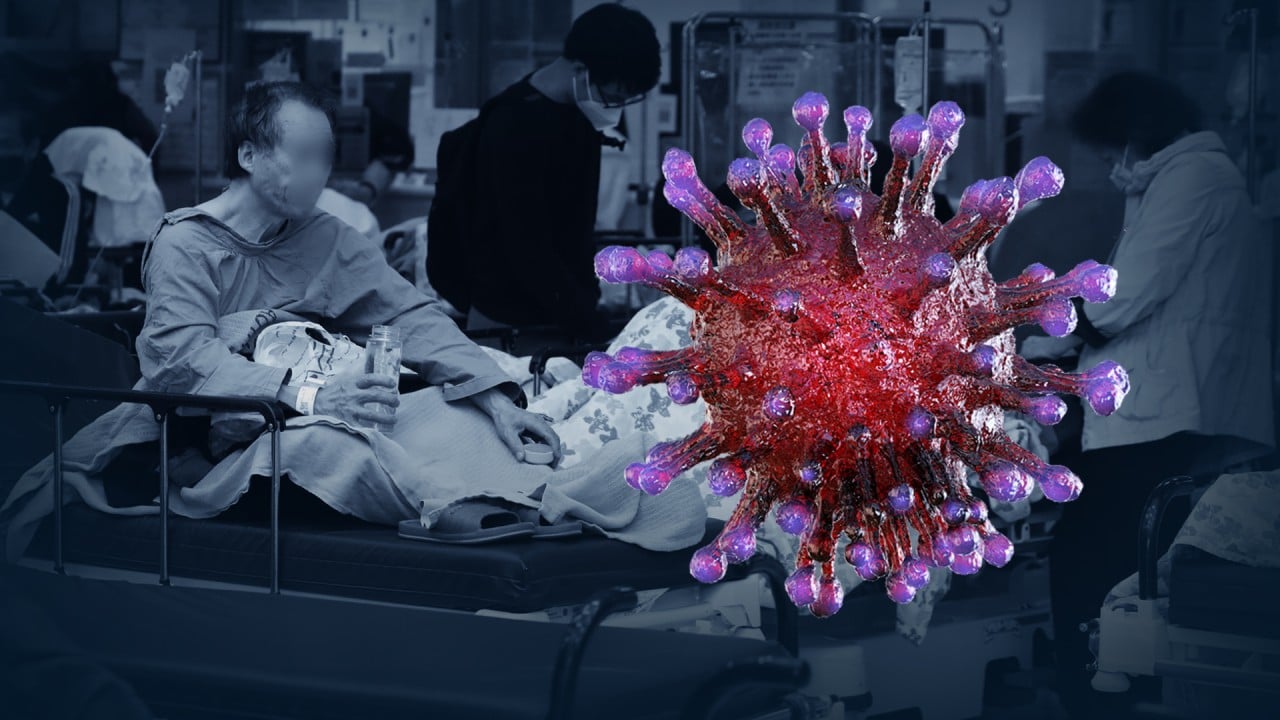
Explainer | What do we know about long Covid?
- Symptoms can emerge months after the initial coronavirus infection is gone
- Most studies so far have related to the original and Alpha variants of the virus
Their condition is called “long Covid”, or “post Covid-19 syndrome” and there is little research so far into its cause or treatment.
It could remain a worrying public health issue after the pandemic is over.
Here’s what we know about it so far.
What is long Covid?
After contracting the virus, some people go on to develop post Covid-19 syndrome. The symptoms usually emerge three months from the onset of Covid-19, last for at least two months and cannot be explained by an alternative diagnosis.
More than 200 symptoms have been observed among long-Covid patients. Among them, fatigue, shortness of breath and cognitive dysfunction, or “brain fog” are most common. Brain fog means having trouble with attention, concentration, recall or memory, according to the World Health Organization (WHO).
The severity varies, with more serious ones such as organ damage – including to the kidneys, lungs, pancreas and heart – raising the risk of death.
It can affect people with acute or mild cases of Covid-19.
The growing problem of Covid-19’s ‘long-haulers’ a global challenge
How long does long Covid last?
Somewhere between two months and more than a year, according to the WHO.
However, most studies so far have been on people infected with the original Sars-CoV-2 virus or its Alpha variant, which was first detected in Britain at the end of 2020.
It is unclear how or if it varies with other variants such as Delta and Omicron.
What causes long Covid?
Researchers and scientists are still learning about it. While people with certain risk factors, including high blood pressure, smoking, diabetes and obesity are more likely to have serious symptoms if they get Covid-19, there is not a clear link between these diseases and long-term problems.
Some suggest long Covid may have something to do with the organ damage caused by Sars-CoV-2, the coronavirus behind Covid-19, while others believe it could be that the initial infection sends some people’s immune systems into overdrive, meaning they attack not just the virus but their own organs as well.
How common is long Covid?
Britain’s Office for National Statistics reports that one in five people who test positive experience a range of health symptoms more than five weeks after their initial diagnosis, and one in 10 more than 12 weeks after initial diagnosis.
A US National Institutes of Health review published in March last year says that at least 10 per cent of people with Covid-19 experience at least one symptom for 12 weeks or longer.
According to a Hong Kong Polytechnic University study of 118 participants, more than 40 per cent of people infected with the coronavirus still suffer from long Covid symptoms a year after diagnosis. It also found that women are more susceptible.
It is not known whether children who have had Covid-19 are more or less likely than adults to experience continuing symptoms.
Hong Kong study finds 40 per cent of patients still suffer from long Covid
Can vaccinations help treat long Covid?
There is also evidence that unvaccinated people with long Covid who were subsequently vaccinated had, on average, reduced long Covid symptoms, though some people reported worsened symptoms after vaccination, according to the UK Health Security Agency.
What are the treatments?
There are no drugs available to treat long Covid at the moment.
Rehabilitation centres, support groups and self-management techniques are used to help people improve their quality of life.
If you have fatigue, doctors advise avoiding overexertion. If you have trouble concentrating, focus on one activity and try not to multitask with too many screens up at the same time.


